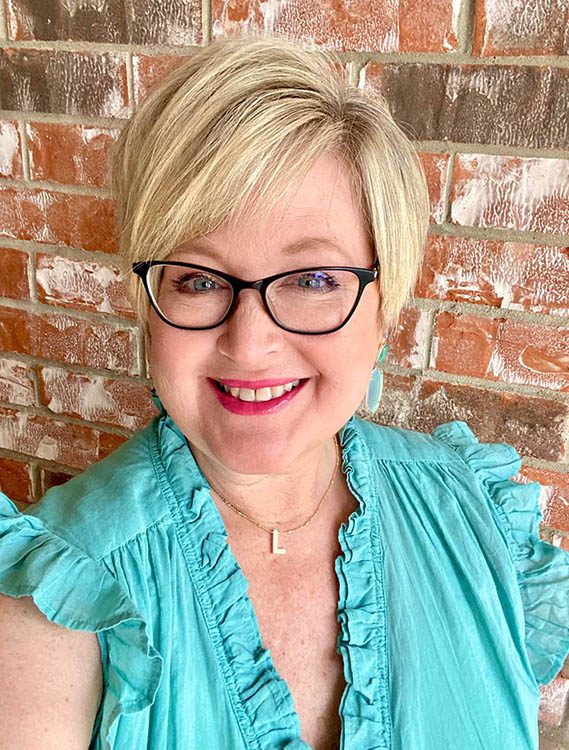Authenticity in Grief
Know that it’s okay to be exactly where you are. There is no right or wrong way to grieve. Your journey is yours alone, and your love, your memories, and your connection to your loved one shape it. Embrace your authenticity, and let it guide you in the waves of Grief, knowing that you are not alone.
David Kessler, a renowned expert in grief and loss, beautifully puts it, “Each person’s grief is as unique as their fingerprint.“ This quote encapsulates the individuality of your grief and the importance of honouring your true emotions.
From the moment we experience loss, we’re bombarded with expectations on how to grieve “correctly.” Friends and family, though well-intentioned, may offer advice filled with clichés and platitudes. “Time heals all wounds” or “Stay strong” are common phrases that, while meant to comfort, often fail to acknowledge the complexity of your feelings.
The pressure to conform to societal norms can be overwhelming. You might feel compelled to hide your pain, put on a brave face, or rush through your grief to appease others. However, these external expectations can lead you away from your authentic self and hinder healing your heart.
Being authentic in grief means allowing yourself to feel and express your emotions without judgment. It means acknowledging that it’s okay not to be okay. By embracing authenticity, we give ourselves permission to grieve in a way that feels natural and true to our hearts.
1. Acknowledge Your Feelings
Grief is a rollercoaster of emotions. You might feel sadness, anger, confusion, relief, or even guilt. All these feelings are valid and ebb and flow. Instead of pushing them away or labelling them as “bad,” do your best to acknowledge and sit with them. Journaling can be a helpful tool to explore and understand your emotions. Write without censoring yourself; let your thoughts flow freely onto the page.
2. Share Your Story
Talking about your loss can be incredibly healing. Whether it’s with a trusted friend, a support group, or a therapist, sharing your story helps you process your grief and feel less alone. Remember, it’s okay to set boundaries about what you’re comfortable discussing and with whom. Authenticity doesn’t mean sharing everything with everyone; it means being true to yourself in each moment.
3. Reject the “Shoulds”
There is no right or wrong way to grieve. Reject the “shoulds” that others may impose on you. You don’t “should” yourself into feeling better. For example, you don’t have to clear out your loved one’s belongings right away if you’re not ready. You don’t have to attend every social event if you’d rather be alone. Give yourself permission to grieve in your way and at your own pace.
Give yourself self-compassion, treating yourself with the same kindness and understanding you would offer a friend.
Know that grief can be exhausting. So, be gentle with yourself and recognize your limits. Take breaks when you need to, and allow yourself to rest. It’s okay if you can’t function at your usual capacity; grief takes a significant toll on your mind and body.
Nurture yourself by meeting your basic needs and finding small ways to practice self-care. This could mean eating nourishing foods, getting fresh air, or spending time with supportive people. Find activities that bring you comfort and make them a regular part of your routine.
Your inner critic can be particularly harsh during times of grief. You might question your actions or feel guilty about things you did or didn’t do. Practice speaking kindly to yourself. Remind yourself that you’re doing the best you can under incredibly difficult circumstances. Use affirmations or gentle reminders to counter negative self-talk.
In redefining grief, we challenge the conventional narratives that often surround loss. Grief isn’t something to be “fixed” or “overcome.” It’s a natural response to losing someone or something significant, and it’s a testament to the love and connection you shared.
























